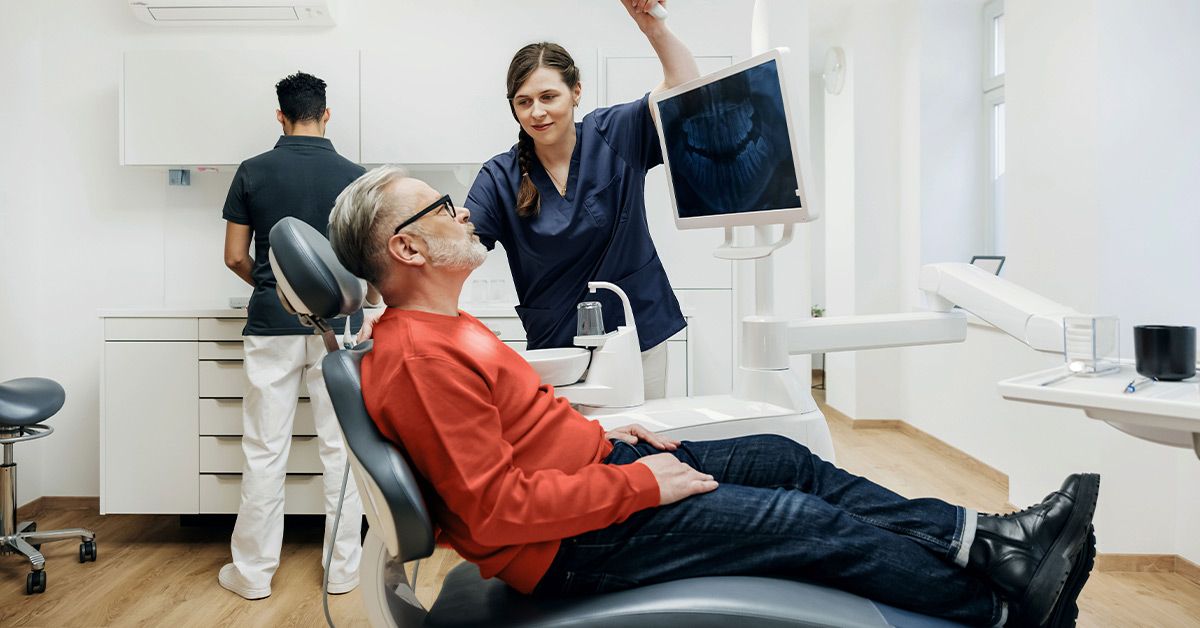Stomach cancer is a severe condition that is often not detected until it reaches its late stages, making treatment difficult. However, researchers are exploring a potential new method for early detection through an oral rinse. This simple and non-invasive procedure could help identify changes in the stomach environment that may indicate the development of cancer. The study, presented at Digestive Disease Week 2024, analyzed bacterial samples from individuals with and without gastric health issues to determine the potential of the oral rinse as a biomarker for gastric cancer risk. Researchers found distinct differences in the microbiome of individuals with known gastric cancer or premalignant conditions compared to those with no health issues.
This early research is promising but has not yet been published in a peer-reviewed journal. Dr. Anton Bilchik, a surgical oncologist, highlighted the importance of this study in providing a sensitive method for detecting gastric cancer early on. The microbiome in the body plays a crucial role in the immune system and cancer prevention, making it a potential indicator for cancer risk. Dr. Bilchik emphasized that understanding specific bacteria that predispose individuals to cancer could lead to non-invasive screening methods for populations at risk of developing gastric cancer. While the oral rinse seems simple and easy to perform compared to endoscopy, more extensive studies are necessary to confirm the findings and ensure their applicability to a broader population.
In addition to early detection, understanding the microbiome’s role in cancer development could lead to targeted treatments that prevent disease progression. Dr. Elliot Newman, the chief of surgical oncology, acknowledged the potential of the oral rinse in identifying precancerous changes in the stomach. By detecting these changes early, healthcare providers can intervene before cancer progresses to advanced stages. Stomach cancer, also known as gastric cancer, typically starts in the cells lining the stomach and can be challenging to diagnose before symptoms appear. Early detection is crucial for improving treatment outcomes and increasing survival rates.
The National Cancer Institute highlights that stomach cancer includes different types, with adenocarcinoma being the most common form. Symptoms of stomach cancer may not be evident until the disease has progressed, emphasizing the importance of early detection methods such as the oral rinse. Treatment options for stomach cancer vary depending on the stage and location of the cancer, as well as the patient’s overall health and preferences. Combination treatments are often recommended to target cancer cells effectively and improve outcomes for individuals diagnosed with gastric cancer.
Overall, the potential of an oral rinse for early detection of stomach cancer presents a promising avenue for improving patient outcomes. By identifying changes in the microbiome that may indicate cancer development, healthcare providers can intervene at an earlier stage and increase survival rates. More extensive studies are needed to validate the effectiveness of the oral rinse across diverse populations and determine its long-term impact on cancer prevention and treatment. With further research and development, non-invasive screening methods like the oral rinse could revolutionize the early detection and management of stomach cancer, ultimately saving lives and improving quality of life for individuals at risk.










